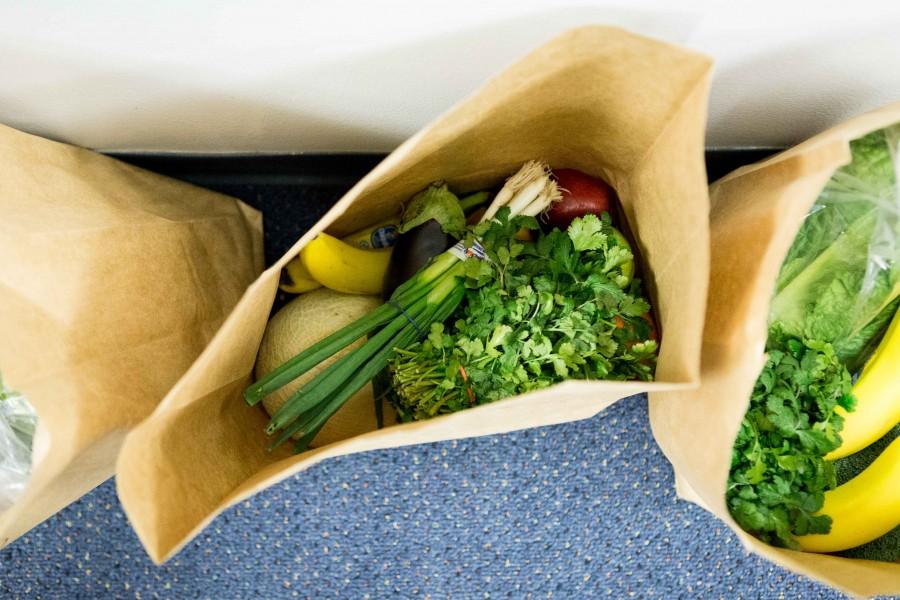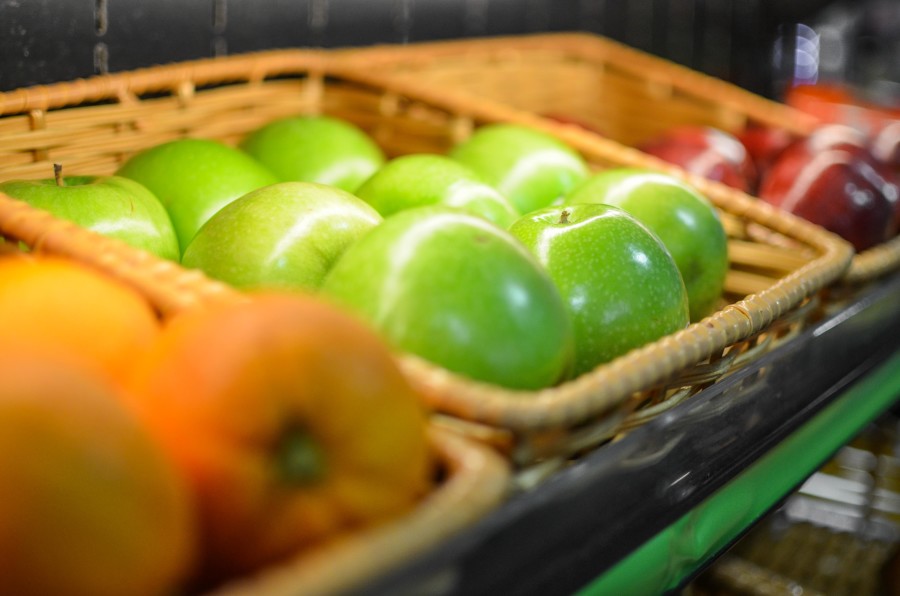The vacant lots around Marquette are being transformed into homes for cherry, apple, plum and peach trees.
Stark Bros. Nurseries & Orchards donated 7,000 fruit trees to Growing Power, a nonprofit that Milwaukee County adopted into a food program it passed June 25. The program, called Sowing, Empowering and Eliminating Deserts of Food, involves collaboration and partnerships with several nonprofits to address the issue of food deserts and food insecurity in the Milwaukee area.
Other nonprofits included in the program are Hunger Task Force and University of Wisconsin-Extension. The program is using a three-part approach to tackle the issue.
Milwaukee County Supervisor Jason Haas said UW-Extension will take on nutrition education.
“Nutrition education makes a big difference in fighting malnutrition and hunger in all corners of the county,” Haas said in an email. “It is a key part of eliminating food deserts.”
UW-Extension is directly funded by Milwaukee County.
Hunger Task Force received a grant of $68,200 to purchase and implement a mobile micro market. Julie Frinzi, communications manager at Hunger Task Force, said its grand opening is happening soon.
Growing Power’s role in the three-part approach overlaps with almost all of the program’s parts – it includes community gardening, food production, preparation and preservation.
Will Allen, founder and CEO of Growing Power, said the nonprofit has seen a lot of community engagement since it began planting around two months ago. He said he hopes to eventually hire people in the neighborhoods to harvest the trees and create long-term employment.
“We’ll be pruning and watering the trees,” Allen said. “Then we will be harvesting the fruit, which is where some of the jobs will come in later on.”
It will take around three years until the trees are ready for harvest and can be marketed locally.
Fifteen lots have been planted with compost in preparation for the harvest. Allen said a majority of the lots are in Milwaukee’s north side and about 50 percent are within 10 minutes of Marquette’s campus.
Allen said he was excited the lots have access to water, thanks to nearby functional hydrants. The soil in the vacant lots has been difficult to work with, which is why Growing Power is planting with compost instead. This tactic will also help the plants survive harsh winters.
Growing Power’s relationship with Marquette began when Allen proposed the Institute for Urban Agriculture and Nutrition to University President Michael Lovell, who was chancellor of UW-Milwaukee at the time.
Lovell’s involvement with sustainability doesn’t stop at there – in March he announced the possibility of bringing a supermarket to campus.
In relation to SEED, Milwaukee County is giving 10 acres of land to Growing Power for some of the fruit trees. Allen said the county recently told him that a piece of land had been found, but he was unaware of its location.
A total of $65,900 in grants will be given to groups who lease the land for community gardens and food production. Growing Power, UW-Extension, the Urban Ecology Center, the Victory Garden Initiative and Milwaukee Urban Gardens are among the groups who have been asked to lease land from the county.
Allen said there is no foreseen limit on the amount of lots that will be harvested in the next three years, since there are many in need of attention.








Andrew • Jan 6, 2016 at 2:40 pm
Does anyone know the name of the grant of the foundation that gave the grant? Thanks!